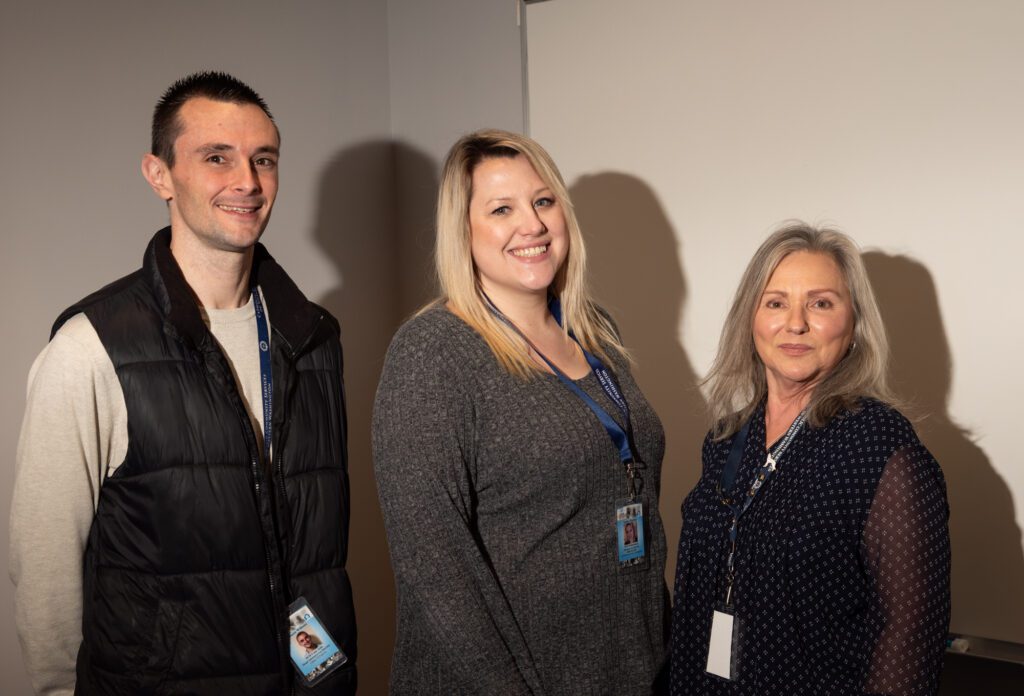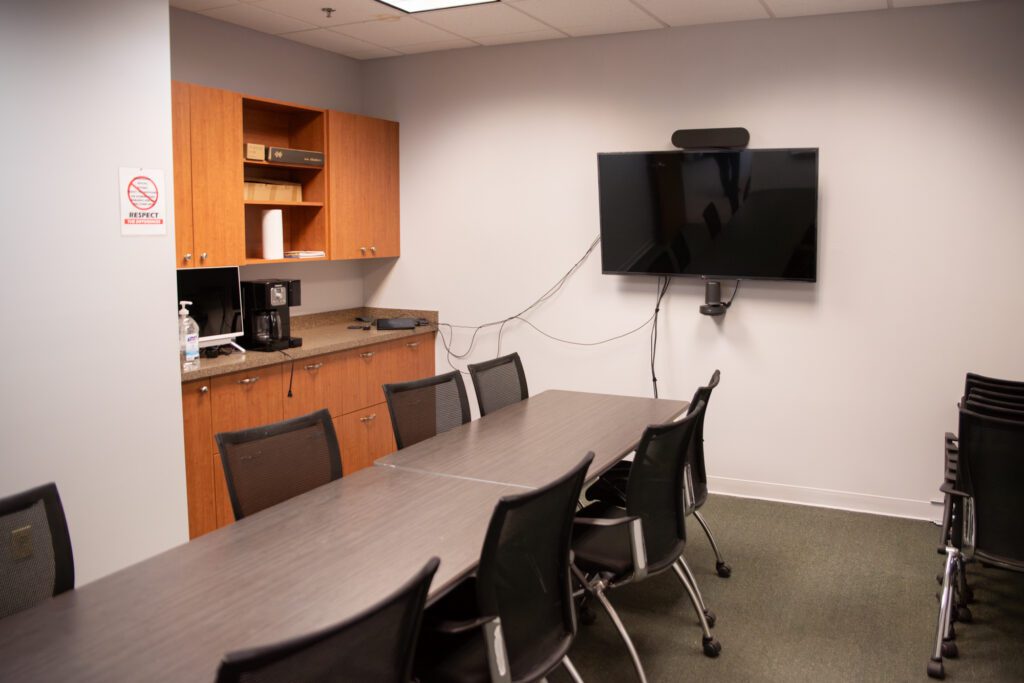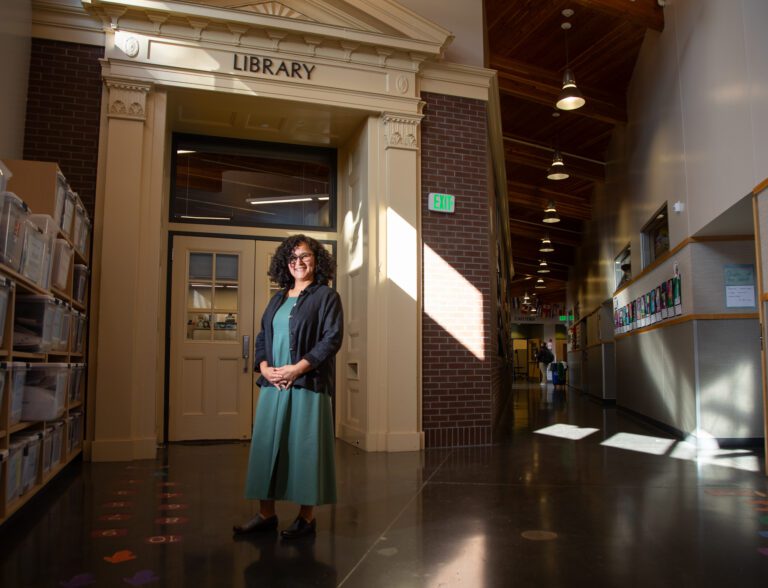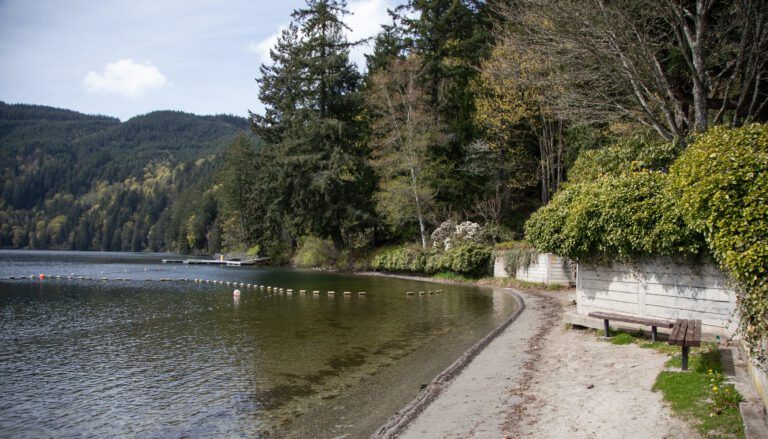Two clinicians at the new Blaine Catholic Community Services Recovery Center have a unique edge when it comes to helping their patients: both providers formerly struggled with substance use disorder, too.
Now, Jason Williams and Amber Rucker say their greatest reward is helping people get their lives and kids back, and seeing patients start believing in themselves.
Catholic Community Services Recovery Centers are based on the social teaching of serving the poor and disenfranchised, although the centers do not push a religion-based recovery path. The recovery centers’ mission is to help people struggling with substance use disorders establish themselves as productive community members and reduce the stigma associated with the disease.
The centers, with locations in Bellingham, Burlington, Marysville, Everett and now Blaine, help people establish support systems, such as their “family, faith community spirituality, whatever it is that helps them achieve their goals and [feel] like they’re part of something,” said CCSRC Director Donna Wells.

The Blaine center offers outpatient care one to two times per week, intensive outpatient three times a week, and groups for relapse awareness and education. The center is starting intensive outpatient services on Monday, March 11. Youth treatment groups are currently conducted through telehealth, but Wells has goals to expand to in-person services, which is what the organization specializes in.
The new location allows people in north Whatcom County to access services. It also bridges the gap for youth affected by the fentanyl crisis who may not have their driver’s license and previously had to take an hour-and-a-half bus ride, then take another bus to arrive at the Bellingham location.
Williams said drug addiction, particularly fentanyl, increased in the Blaine area starting around 2020. Williams said dealing with the fentanyl epidemic is the most challenging part of working at the recovery center, as counselors may lose contact with patients, or have patients overdose.
The CCSRC also connects clients with community resources and helps them make phone calls if necessary. Personal treatment plans employ tools to keep clients from relapsing, like achieving personal milestones.
Rucker recalled when she had a client at a different CCSRC location who wanted to attend college but didn’t know where to start, so she helped him fill out the FAFSA, a federal student aid application. She has also helped clients get their first jobs.
Counselors offer individualized support and maintain communication with patients, like following up if a meeting is missed. The center has designated staff for getting people re-engaged and ensuring that gaps between services are minimal, so clients can receive consistent treatment.
Williams noted that level of support as something that sets CCS apart. Williams said nothing seemed to help when he was in active addiction as a teenager but he recognized counselors would follow through and help patients achieve their long-term goals, not just fulfill their legal obligation.

“I think what really made it click for me [was having] a counselor that wholeheartedly believed in me and encouraged me to kind of be the best version of myself, when no one else really could get that out of me throughout my whole life,” Williams said.
Williams said that CCS allows him to be himself, which helps him connect with patients the way his counselor connected with him. Rucker regained confidence in herself at CCS in Bellingham and got her first job in recovery with CCS. She’ll be six years clean in July.
Honesty, open-mindedness, willingness, and having people who won’t give up on you are key components of recovery, Rucker said. She and Williams aim to be that person who won’t give up on their clients.
CCRS is located at 8115 Birch Bay Square St., Building 1, Suite 138. Walk-in assessments are available from 8:30 a.m. to 2 p.m. Monday-Thursday.




